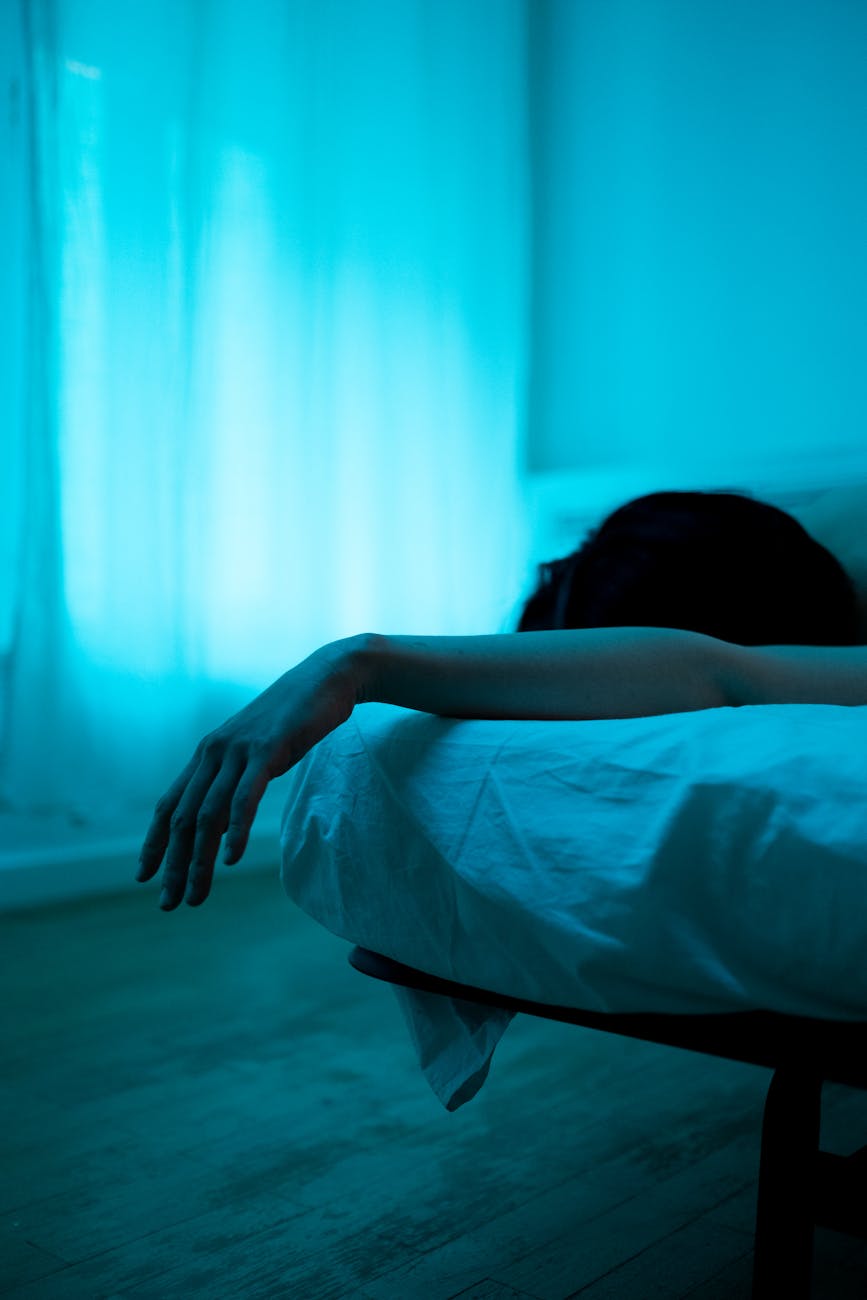The Impact of Sleep on Mental Health: A Comprehensive Guide

Understanding the Link Between Sleep and Mental Health
Sleep is a fundamental aspect of overall health, but its importance in relation to mental well-being is often overlooked. In this comprehensive guide, we delve into the intricate connection between sleep and mental health.
The Role of Sleep in Mental Health
Research has shown that sleep plays a crucial role in regulating emotions, consolidating memories, and maintaining cognitive function. When we don't get enough quality sleep, it can have a profound impact on our mental health.
Consequences of Poor Sleep on Mental Health
Chronic sleep deprivation has been linked to an increased risk of developing mental health disorders such as depression, anxiety, and bipolar disorder. Sleep disturbances can also exacerbate existing mental health conditions and make it challenging to manage symptoms effectively.
Improving Sleep for Better Mental Health
Fortunately, there are steps we can take to improve our sleep quality and enhance our mental well-being. From establishing a bedtime routine to creating a sleep-conducive environment, simple changes in habits and lifestyle can make a significant difference.
Seeking Professional Help
If sleep issues persist and begin to impact your mental health, it's essential to seek help from healthcare professionals. Sleep disorders are treatable, and addressing them can lead to improvements in both sleep quality and mental well-being.
